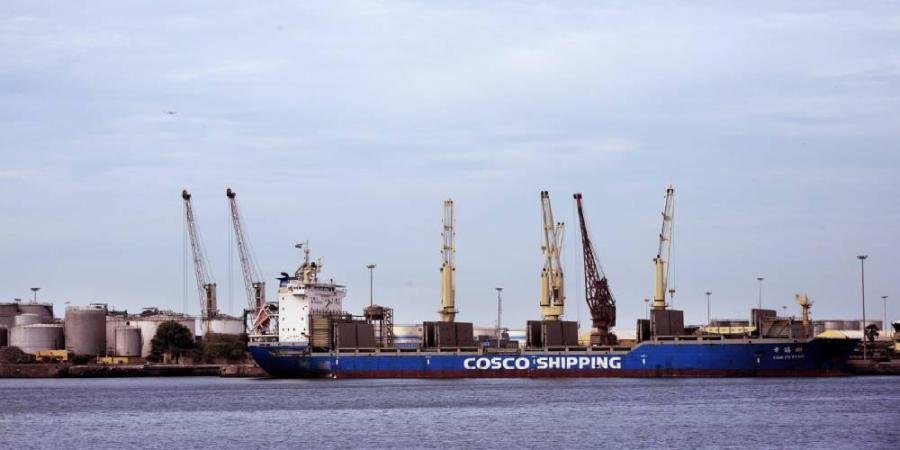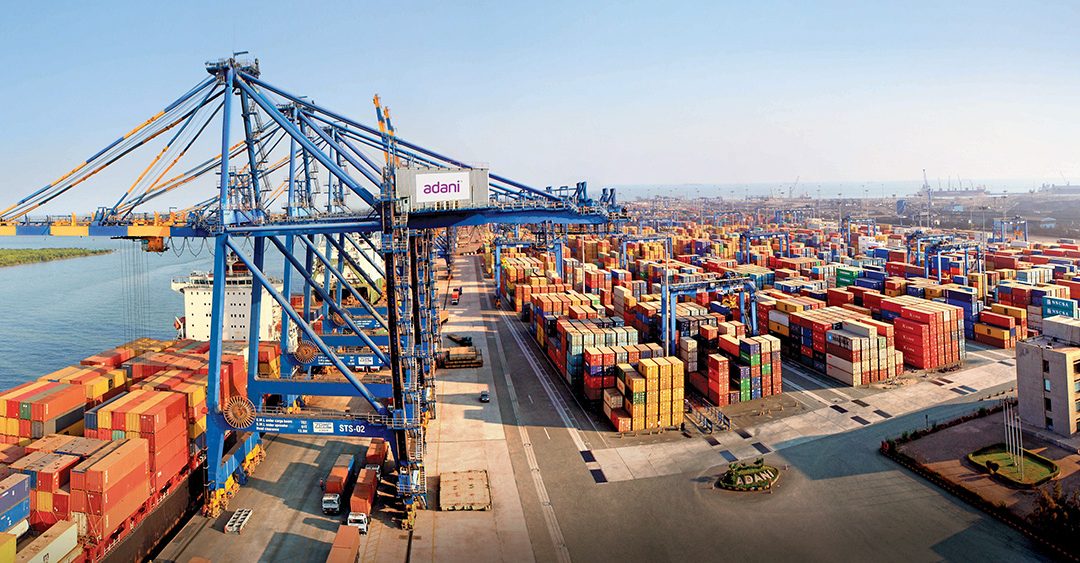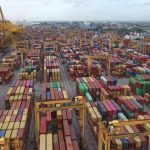Parliament today passed Major Port Authorities Bill, 2020. Shri Mansukh Mandavia, Minister of State (I / C) Ports, Shipping and Waterways today moved the bill in Rajya Sabha and it was passed. Now the bill will go to the President of India for his assent.
With the aim of promoting the expansion of port infrastructure and facilitating trade and commerce, the Major Port Authorities Bill 2020 bill aims to develop decision-making and professionalism in the governance of major ports. It provides fast and transparent decisions, benefiting stakeholders and improved project execution capability. The bill aims to revive the governance model in line with the successful global practice for the zamindar port model in central ports. This will also help in bringing transparency in the operation of Major Port. This will empower Major Ports to have full autonomy in decision making and to perform with greater efficiency by modernizing Major Ports’ institutional structure.

The salient features of the Major Port Authority Bill 2020 are as follows:
The Bill is more compact than the Major Port Trust Act, 1963 as the number of sections has been reduced from 134 to 76 by eliminating overlapping and obsolete sections.
The new bill proposes a simplified composition of the Port Authority’s board comprising 11 to 13 members from the current 17 to 19 members representing various interests. A compact board with professional independent members will strengthen decision-making and strategic planning. Provision has been made to include representatives of the state government in which the major port is located, Ministry of Railways, Ministry of Defense and Customs, as a member of the Department of Revenue besides a member on the board as a government member and a member representing employees of Major Port Authority.
The role of the Tariff Authority for Major Ports (TAMP) has been redefined. The Port Authority is now empowered to fix tariffs that will serve as a reference tariff for bidding purposes for PPP projects. PPP operators will be free to fix tariffs based on market conditions. The Board of the Port Authority has been entrusted with the power to determine the scale of rates for other port services and assets, including land.
One to complete the residual function of TMP for Major Ports to look into the disputes between ports and PPP concessions to review the major PPP projects and suggest measures for reviewing the stressed PPP projects and suggest remedies It has been proposed to create an assistant board. Reviving such projects and looking into complaints about services provided by ports / private operators working within ports.
Boards of the Port Authority have been given full rights to enter into contracts, planning, and development, fixing tariffs excluding national interest, security, and inactions and emergencies arising from default. The present MPT Act, 1963 required prior approval of the Central Government in 22 instances.
The board of each major port will be entitled to make a specific master plan in relation to any development or infrastructure.
Provisions for CSR and infrastructure development have been introduced by the Port Authority.
Provision has been made for the security of salaries and allowances and service conditions including pension benefits of employees of major ports.
Source: Daily Voice






